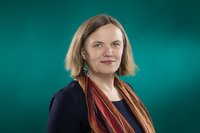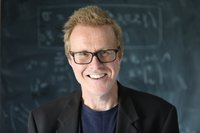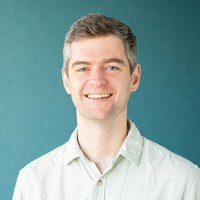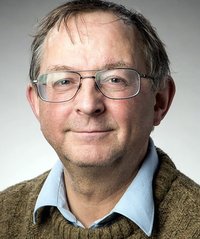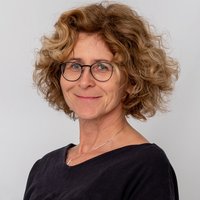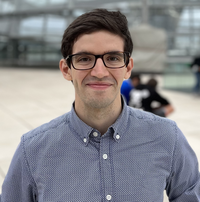The registration is now closed.
The Autumn School on Scientific Machine Learning and Numerical Methods aims to equip PhD students, postdocs, and early-career researchers with foundational and advanced techniques at the intersection of numerical analysis and machine learning. Participants will engage in a series of lectures by leading experts, covering state-of-the-art theoretical developments and computational methods, alongside hands-on practical sessions.
The school will explore key topics such as data-driven modeling of differential equations, optimization for inverse problems, probabilistic numerical methods, and scalable algorithms for scientific machine learning. Special focus will be given to physics-informed machine learning, stochastic processes, and modern approaches to computational efficiency.
By blending theoretical insights with computational practice, the program will provide attendees with essential tools to tackle challenges in scientific computing and data-driven modeling. Interactive sessions and coding workshops will offer participants opportunities to apply concepts to real-world problems, fostering a deeper understanding of the interplay between numerical analysis and machine learning.
